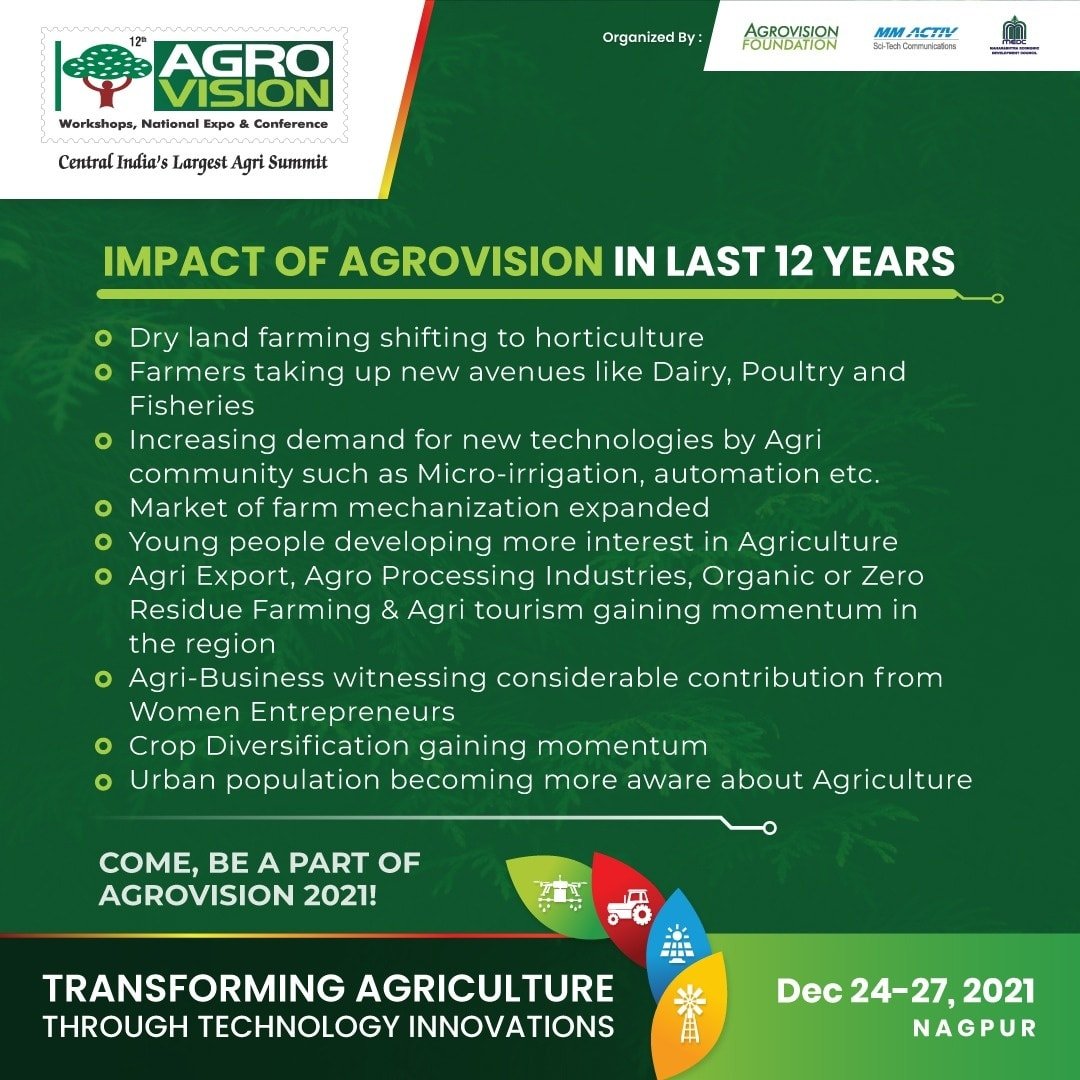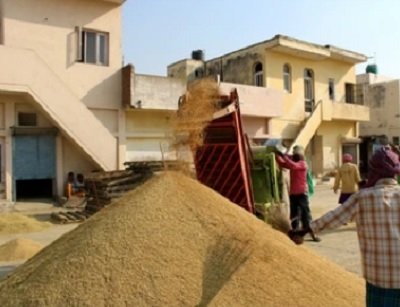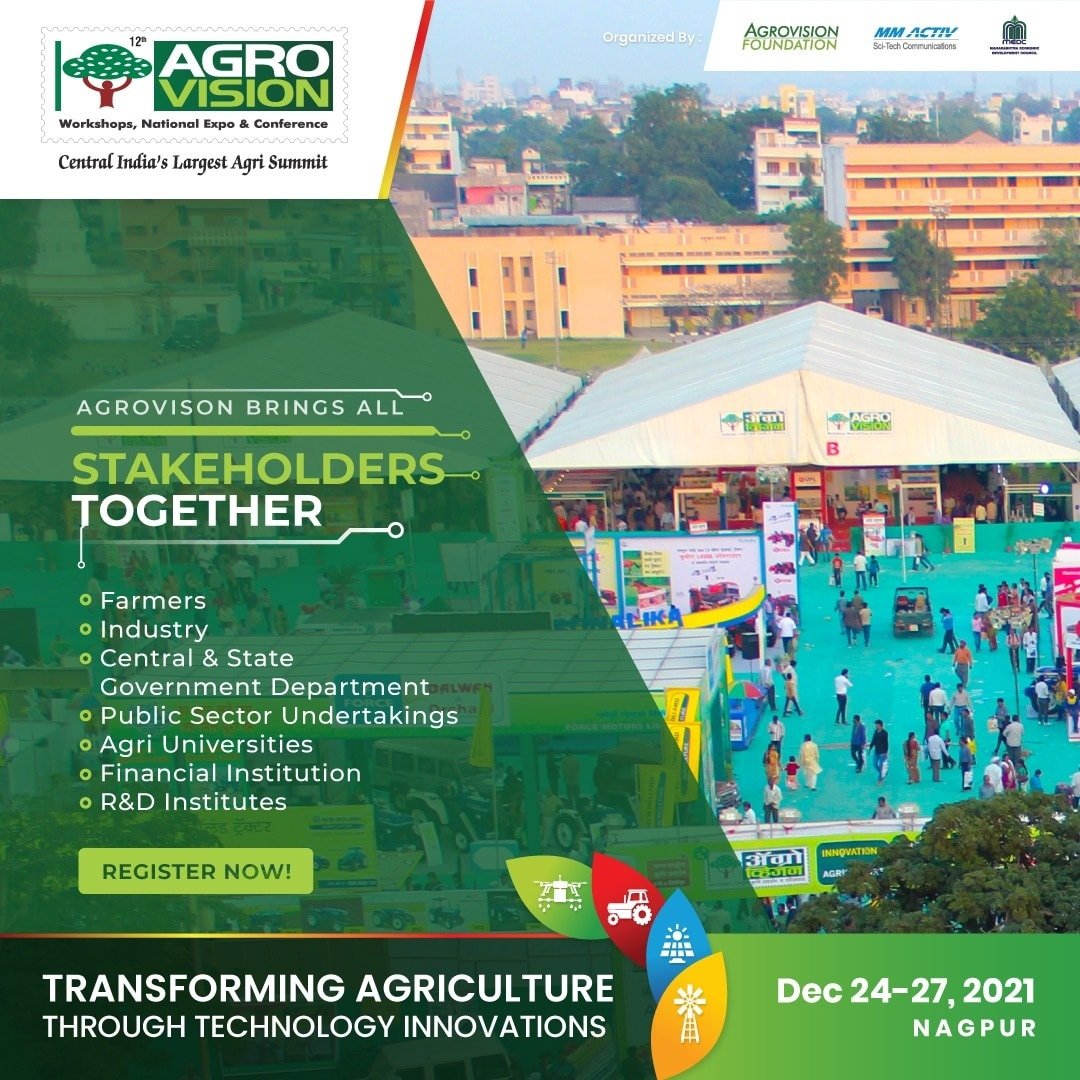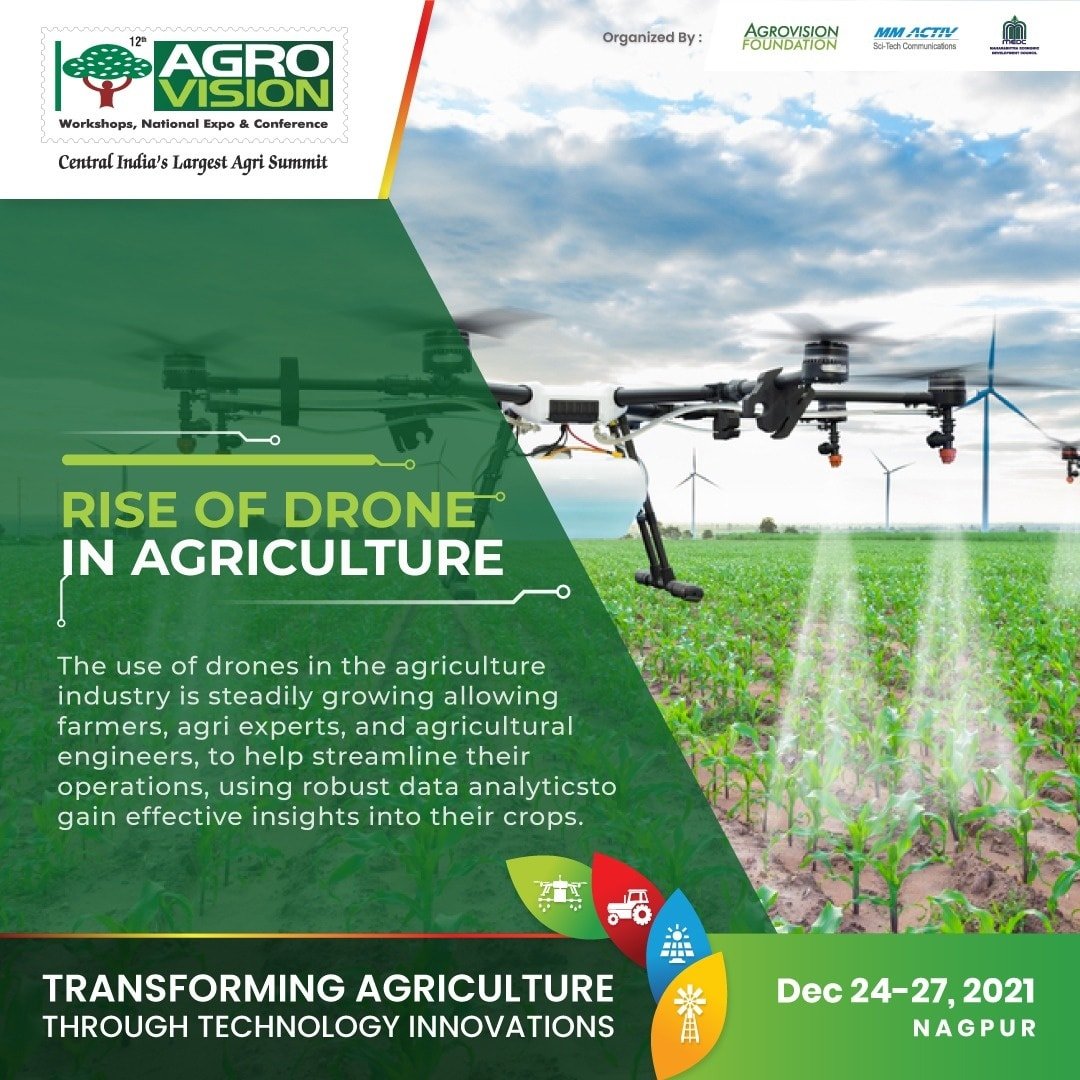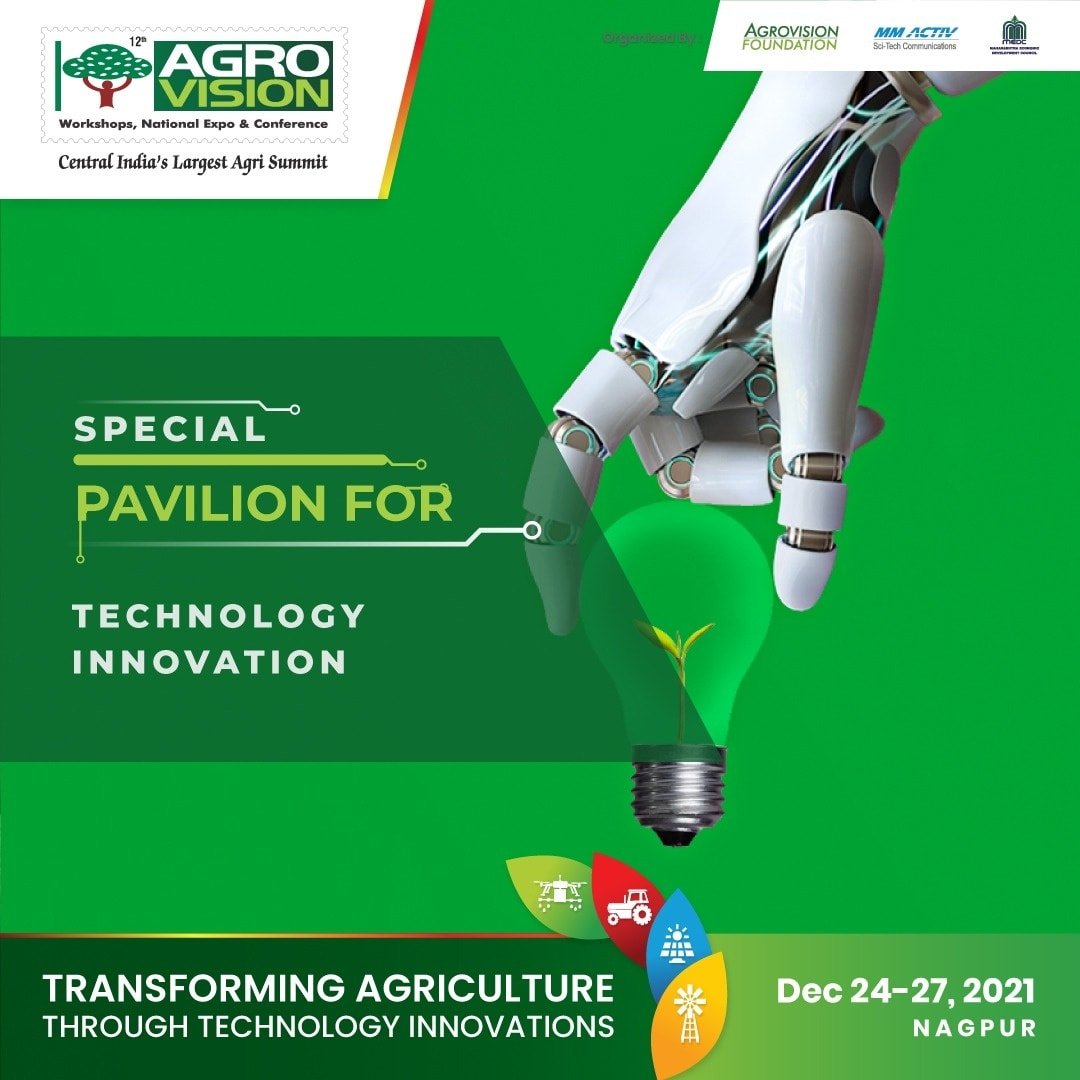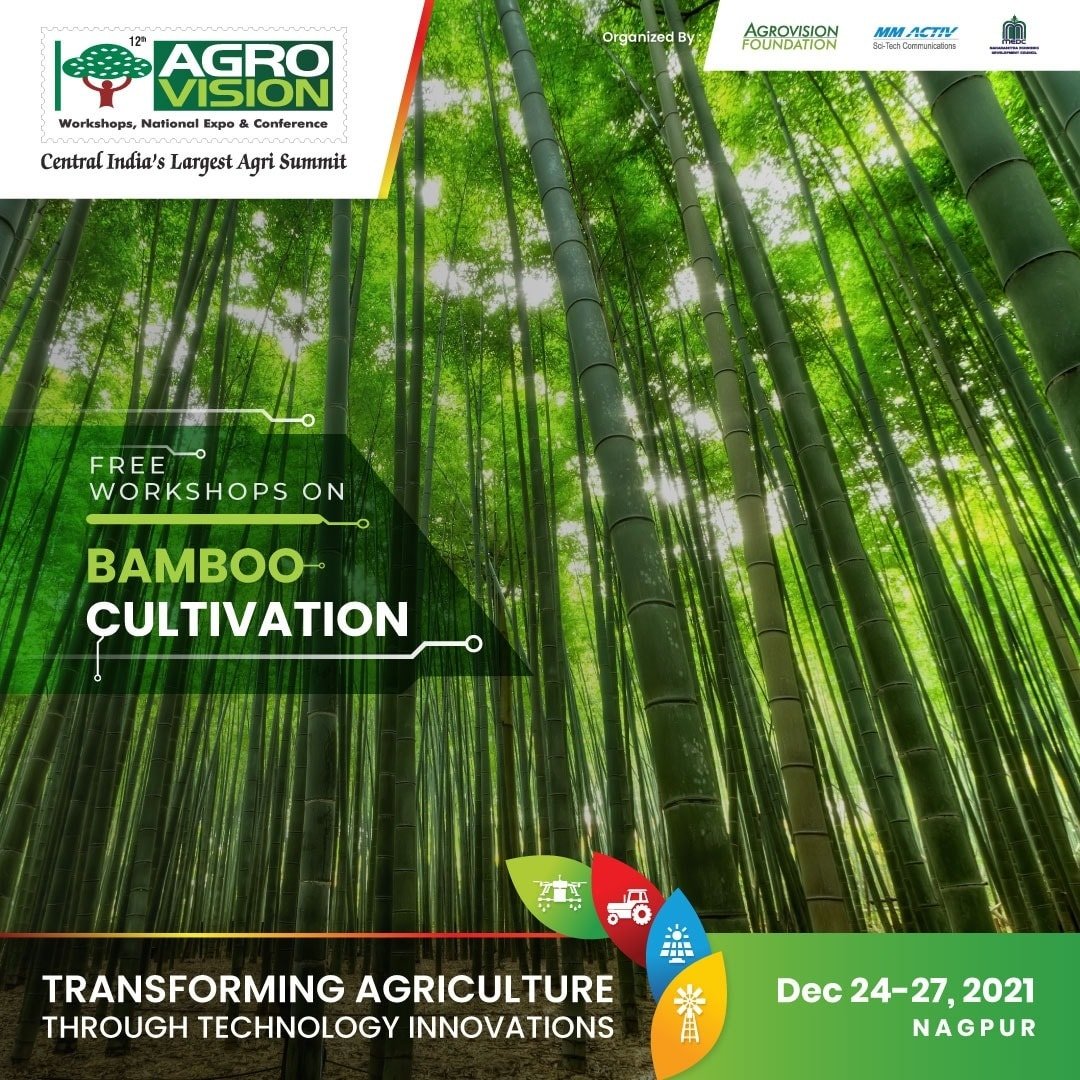Union agri minister releases SOP for use of drone in pesticide application for crop protection
The SOP for drone regulation for pesticide application covers important aspects like statutory provisions, flying permissions, area distance restrictions, overcrowded areas restriction, drone registration, safety insurance, operation plan, air flight zones, weather conditions etc.
The Union Minister Narendra Singh Tomar, during the release of Standard Operating Procedures (SOPs) for drone application in Agriculture, has said that under the leadership of Prime Minister Modi all policies since 2014 are aimed at doubling farmer’s income by 2022. He said that the formation of Farmer Producer Organisation (FPOs) and the Agriculture Infrastructure Fund (AIF) will bring about a revolution in the lives of small farmers.
The Minister further, informed that the drones were used for the first time in warding off the locust attacks in various states of the country. He said that the government is making continuous efforts to infuse new technologies in agriculture so as to provide sustainable solution in context of enhancing the productivity as well as efficiency of the agriculture sector.
The SOP for drone regulation for pesticide application covers important aspects like statutory provisions, flying permissions, area distance restrictions, weight classification, overcrowded areas restriction, drone registration, safety insurance, piloting certification, operation plan, air flight zones, weather conditions, SOPs for pre, post and during operation, emergency handling plan.
Considering the unique advantages of Drone technologies in agriculture, the Ministry of Agriculture & Farmers Welfare, (Department of Agriculture & Farmers Welfare) in consultation with all the stakeholders of this sector, has brought out Standard Operating Procedures (SOPs) for use of drones in pesticide and nutrient application that provides concise instructions for effective and safe operations of drones.
During the release of SOPs event in the Agriculture Ministry, Secretary Agriculture Sanjay Agarwal delivered an address on advantages of drone technologies. Others who witnessed the event were Minister of State for Agriculture Kailash Choudhary and Shobha Karandlaje.
The SOP for drone regulation for pesticide







